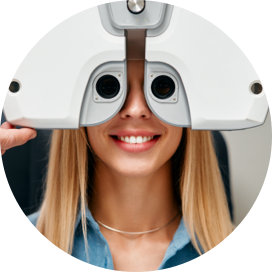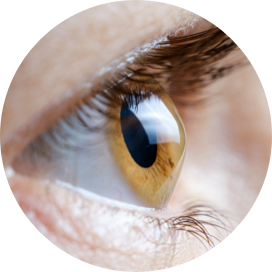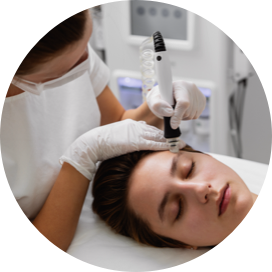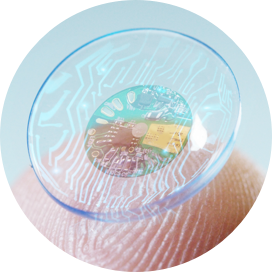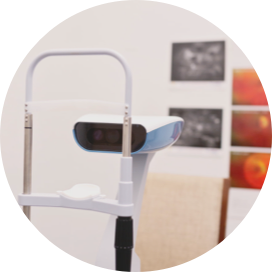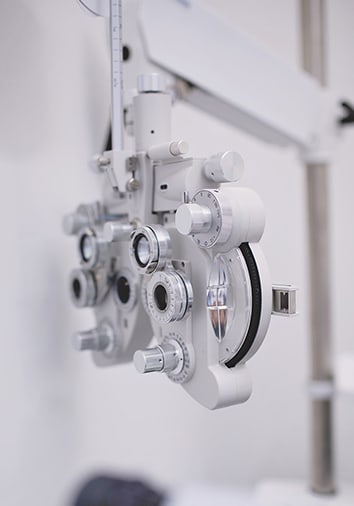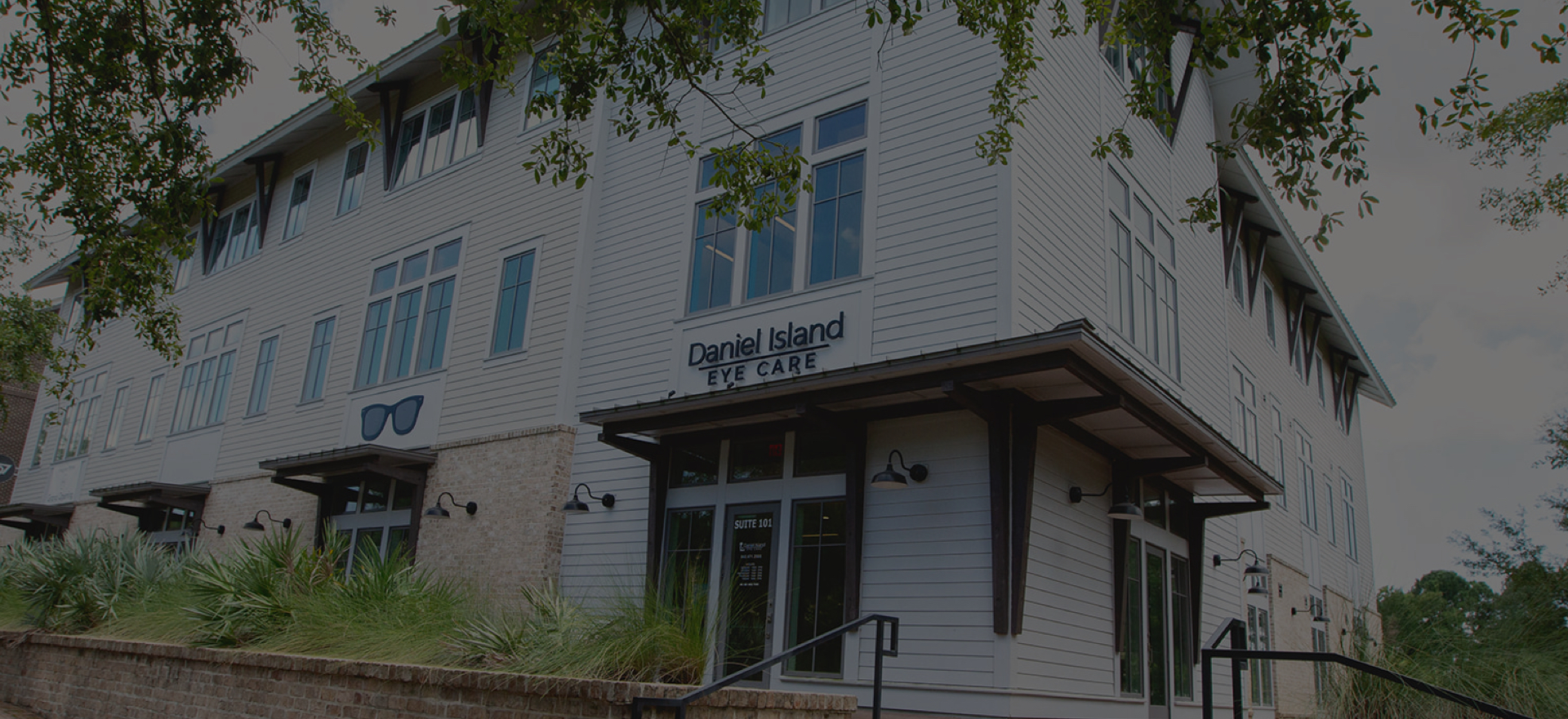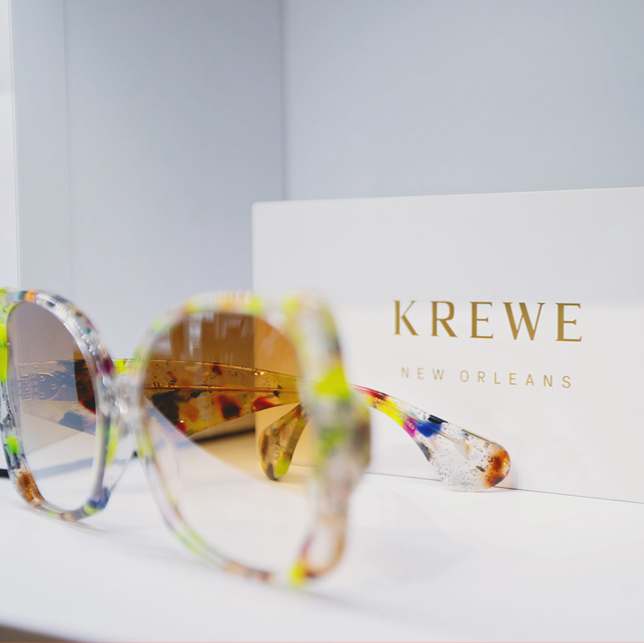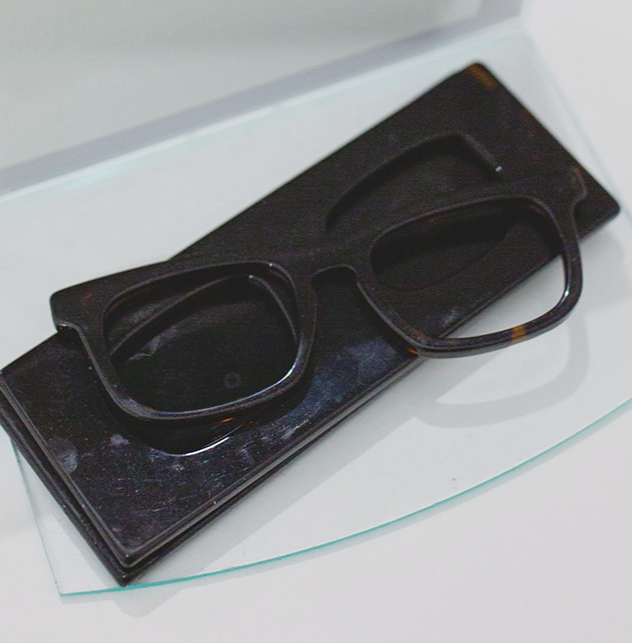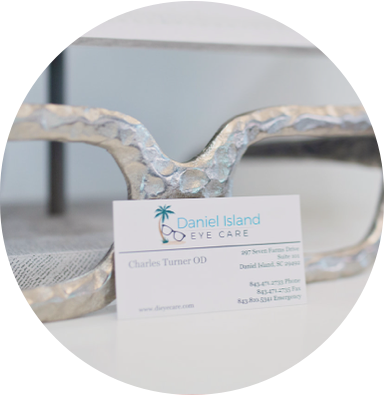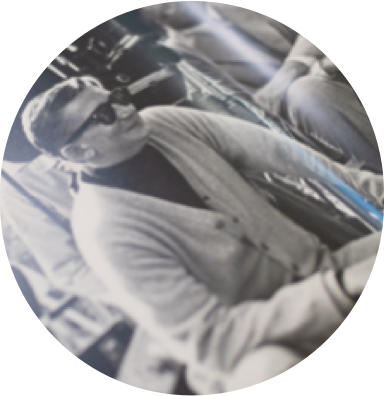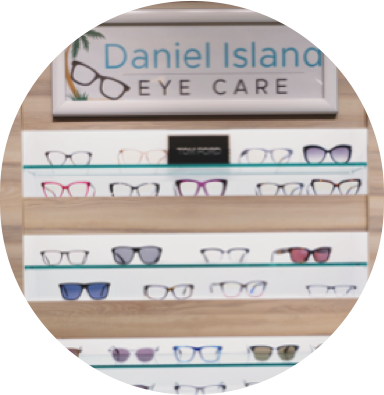Keratoconus is a progressive eye disease in which the cornea, the clear outer layer of the eye, begins to thin and bulge outward into a cone-like shape. This distortion can lead to blurred and irregular vision, making daily activities challenging for those affected.
At Daniel Island Eye Care, we understand the struggles associated with keratoconus. We offer appropriate treatments, including scleral contact lenses, which provide superior comfort and vision correction for those dealing with keratoconus.
We also offer comprehensive eye exams to help you keep tabs on your ocular health and identify conditions like keratoconus in their early stages.
What Are Scleral Lenses and How Do They Work?
Scleral lenses are specially designed contact lenses that rest on the sclera—the white part of the eye—rather than on the cornea. This larger fit provides a smooth optical surface over the irregularly shaped cornea of those with keratoconus.
By vaulting over the cornea, scleral lenses create a liquid-filled space between it and the lens, protecting the sensitive corneal surface and offering clear, comfortable vision. Scleral lenses are custom-fitted, which is why, at Daniel Island Eye Care, we use the latest Eaglet Eye Technology to precisely shape your lenses for your eyes.
The Benefits of Scleral Lenses for Keratoconus Patients
When managing keratoconus, scleral lenses have several distinct advantages over standard contact lenses and eyeglasses:
Improved Visual Clarity
Keratoconus causes the cornea to become thin and cone-shaped, leading to visual distortions such as ghosting, halos, and blurriness. Scleral lenses can correct these irregularities, providing keratoconus patients with sharper, clearer vision.
Scleral lenses work by resting on the sclera, bypassing the cornea by vaulting overtop of it and providing a stable, smooth surface that corrects vision more effectively than traditional contact lenses do.
Enhanced Comfort and Fit
Since scleral lenses don’t touch the cornea, they’re often more comfortable for those with advanced keratoconus or corneal scarring.
The shape of these lenses produces a fluid reservoir that provides a cushion between the surface of the cornea and the lens itself, thereby reducing irritation and providing continuous hydration to the eye’s surface. This feature is especially beneficial for those with dry eyes—a common side effect of keratoconus.
Unlike rigid gas-permeable lenses, which may feel uncomfortable due to their direct contact with the cornea, scleral lenses offer a pain-free alternative that patients can wear for extended periods.
Better Eye Protection
Keratoconus makes the cornea more susceptible to scratches, abrasions, and other injuries. Scleral lenses provide a protective barrier that reduces the risk of further damage. They also act as a shield against environmental irritants like dust and allergens, which can exacerbate symptoms.
Longer-Lasting Solution
When it comes to durability, scleral lenses are a great choice. These lenses are stable and reliable, and they’re less likely to dislodge or fall out than smaller contacts.
For those with keratoconus who rely on consistent vision correction, this stability is invaluable. Moreover, scleral lenses tend to have a longer lifespan when they’re properly cared for, making them a worthwhile investment.
Effective in Advanced Stages of Keratoconus
For those with advanced keratoconus, conventional lenses may no longer provide adequate vision correction. Scleral lenses, however, remain effective even in severe cases. The larger diameter of the scleral lens allows it to vault over irregular parts of the cornea, creating a smooth optical surface that compensates for corneal distortions.

How Scleral Lenses Compare to Other Keratoconus Treatments
There are several treatment options for keratoconus, each with its benefits and limitations:
- Eyeglasses and Soft Contact Lenses: These options are often the first line of treatment for early-stage keratoconus, but they may not provide sufficient correction as the condition progresses.
- Rigid Gas-Permeable Lenses (RGPs): While RGPs can provide improved vision compared to soft contact lenses, they sit directly on the cornea and may cause discomfort, especially for individuals with sensitive or thin corneas.
- Corneal Cross-Linking: This non-surgical procedure strengthens corneal tissue to halt or slow keratoconus progression. However, it doesn’t directly correct vision, so many patients still require scleral lenses post-treatment for optimal sight.
In many cases, scleral lenses remain an effective and comfortable choice, especially for people who have tried other options without success. Patients should consult with their eye care specialist to determine which treatment, or combination of treatments, best suits their unique condition and lifestyle needs.
Why Scleral Lenses Could Be Right for You
While keratoconus is a challenging condition, advances in contact lens technology, such as scleral lenses, provide patients with a viable solution for clear and comfortable vision. If you have keratoconus and have struggled with other lenses, scleral lenses could be the right option for you to consider. These lenses offer stable vision correction, enhanced comfort, and protection for your eyes, all while allowing you to maintain an active lifestyle and pursue daily activities with confidence.
To learn more about how scleral lenses can benefit you, schedule a consultation with us today. Our team is dedicated to helping you achieve better vision with the compassionate, personalized care that you deserve.


